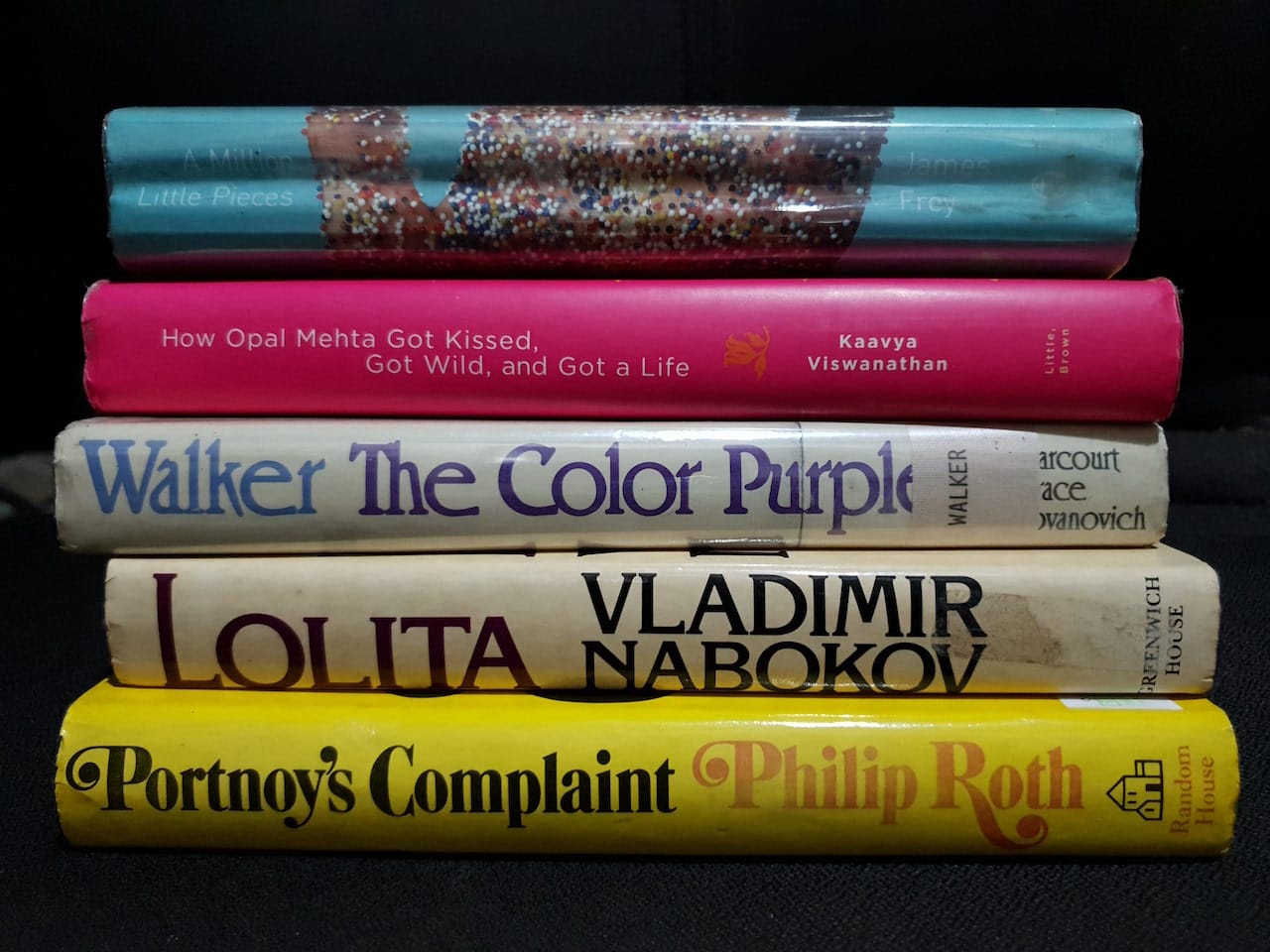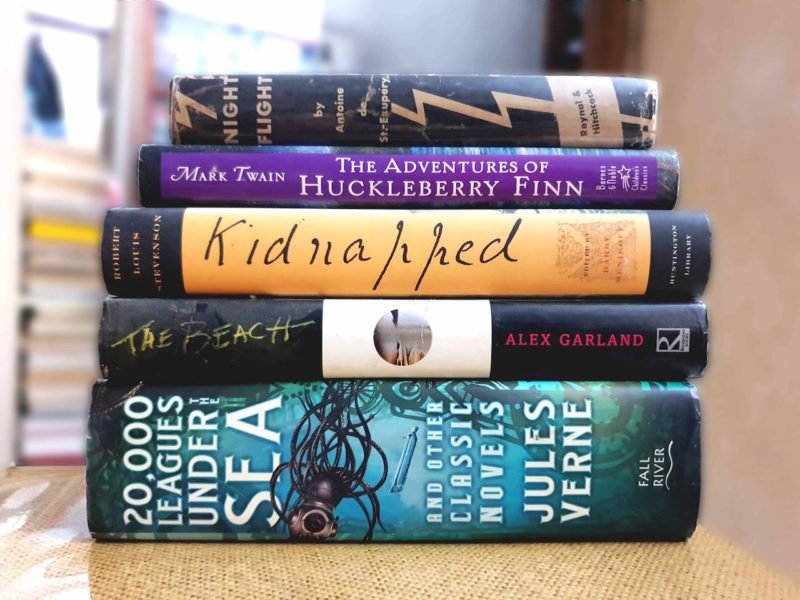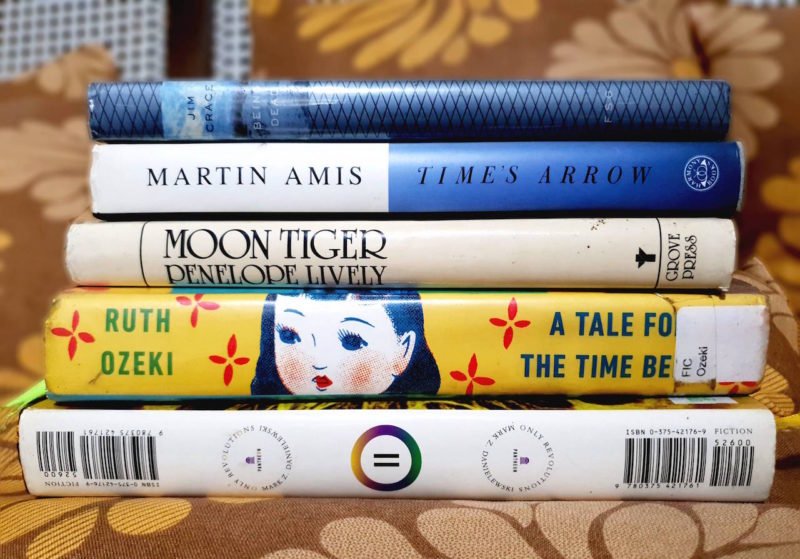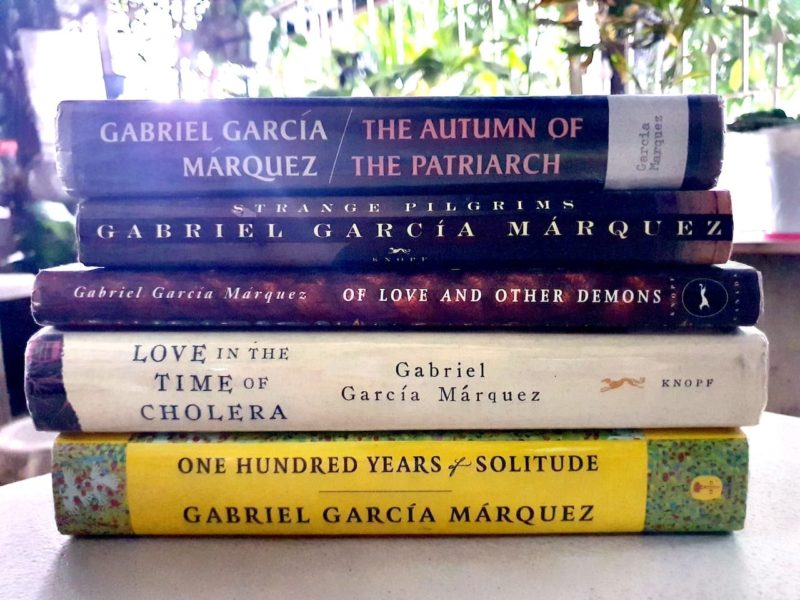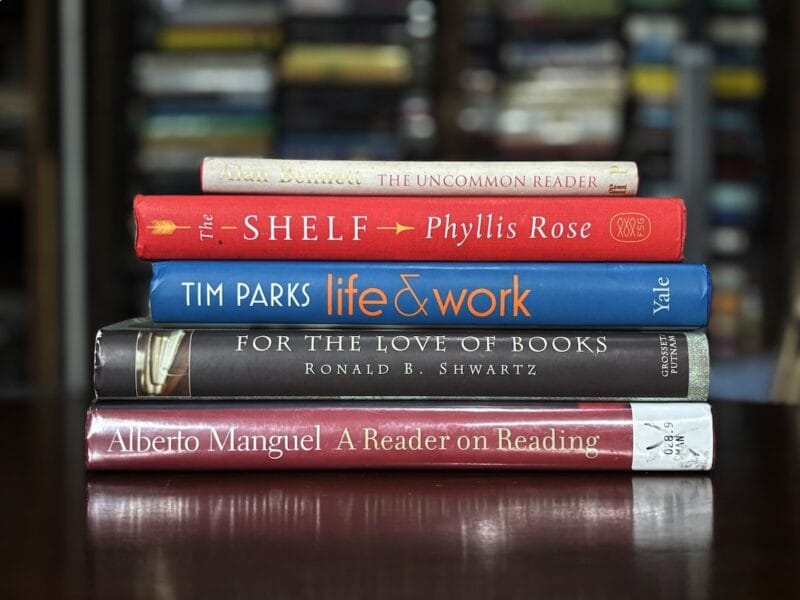
A Million Little Pieces (2003) by James Frey
A Million Little Pieces by James Frey, which Doubleday released in 2003, is a perfect example of a marketing strategy gone wrong. Substance abuse was promoted as the book’s central issue when it was published as Frey’s memoir. Here, we read about how a 23-year-old drug and alcohol addict completes a 12-step program in an effort to kick his habits once and for all.
Although the work is fictional in nature, it is based on a true and terrible occurrence. Oprah Winfrey’s enthusiastic backing helped Frey’s memoir about his heroin addiction and battle against it to become a publishing hit.
The work was then accused of literary falsification, nevertheless, because so much of it was allegedly made up. An essay titled “A Million Little Lies” was posted on The Smoking Gun, a website that disseminates court papers, on January 8, 2006, following six weeks of investigation. It dissected Frey’s account of his drug use, personal history, and criminal record.
How Opal Mehta Got Kissed, Got Wild, and Got a Life (2006) by Kaavya Viswanathan
After Kaavya Viswanathan graduated from high school, she resolved to create a story for young people, and “How Opal Mehta Got Kissed, Got Wild, and Got a Life” is the result. Opal Mehta, the protagonist in the book, intends to attend Harvard in order to become both a best-selling novelist and a polymath. The book’s 2006 release was aggressively promoted while Viswanathan was still a student at Harvard.
However, it was later found to include plagiarism, including passages from Salman Rushdie, Meg Cabot, and Megan F. McCafferty. The Harvard Crimson newspaper first reported that Viswanathan had plagiarized parts of her work from Ms. McCafferty’s books when it was discovered that significant parts of the book’s several chapters were very similar to McCafferty’s Sloppy Firsts and Second Helpings.
The Color Purple (1982) by Alice Walker
The Color Purple tells the story of Celie, a young African American girl living in rural Georgia who is forced to accept a debilitating self-image from others. Alphonso, her father, abuses her physically and sexually. The book is a compelling portrayal of Celie’s maturation and coming-of-age as she fights persecution and abuse to attain satisfaction and independence; she tells her story in letters to God that are as honest as they are heartbreaking.
However, because it contained graphic violence and torture scenes as well as strong sexual themes, the book was banned from some schools in 1984. Also, it was prohibited because it depicted rape, incest, and other sexually explicit scenes while discussing African history and the gay lifestyle.
Lolita (1955) by Vladimir Nabokov
The sexual encounter between the novel’s 37-year-old narrator, Humbert Humbert, and his 12-year-old stepdaughter, Dolores Haze, led many countries to ban Vladimir Nabokov’s “Lolita” upon its release in 1955. The section of the novel that has been tarnished by the incident centers on an affair between a sexually deviant middle-aged man and a young girl, which raises concerns about explicit content.
The novel is notable for having some of Vladimir Nabokov’s most contentious themes. The even more shocking aspect of this book’s reception is the astonishing degree to which readers identify with the main character. Humbert Humbert, the protagonist, is portrayed with the same level of empathy shown toward the story’s theme. Beautiful prose and a compelling plot make up for the novel’s moral complexity.
Portnoy’s Complaint (1969) by Philip Roth
In Portnoy’s Complaint, Jewish American bachelor Alexander Portnoy speaks at length about his life, presumably to an invisible psychotherapist or counselor. During this lengthy speech, Alex discusses his relationships, both past and present, beginning with his youth.
Roth’s book shot him to literary fame and became an instant best-seller because of its candid depiction of an American Jewish male’s sexual neuroses and its wacky, often self-deprecating humor. The book’s success led to Roth’s rise to prominence.
But its graphic and honest handling of sexuality—featuring extensive scenes of masturbation with different objects, including a chunk of liver—sparked a storm of criticism. The liver complaint is arguably the most well-known aspect of the book. Others described it as emotional and raucous, while others said it was offensive and anti-Semitic.
Further Reading
A Million Little Pieces: Without mention of its scandal, what is there left to say about James Frey’s addiction opus? by Adam White, Independent
Harvard Novelist Says Copying Was Unintentional by Dinitia Smith, The New York Times
Alice Walker’s Journals Have Been Collected in Gathering Blossoms Under Fire by Salamishah Tillet, Oprah Daily
Lolita: Is It Time to Admit This Novel is Appalling? by Jay Sizemore, Medium
An Unnecessarily Close Reading of That Scene in Portnoy’s Complaint by Emily Tempe, Literary Hub
